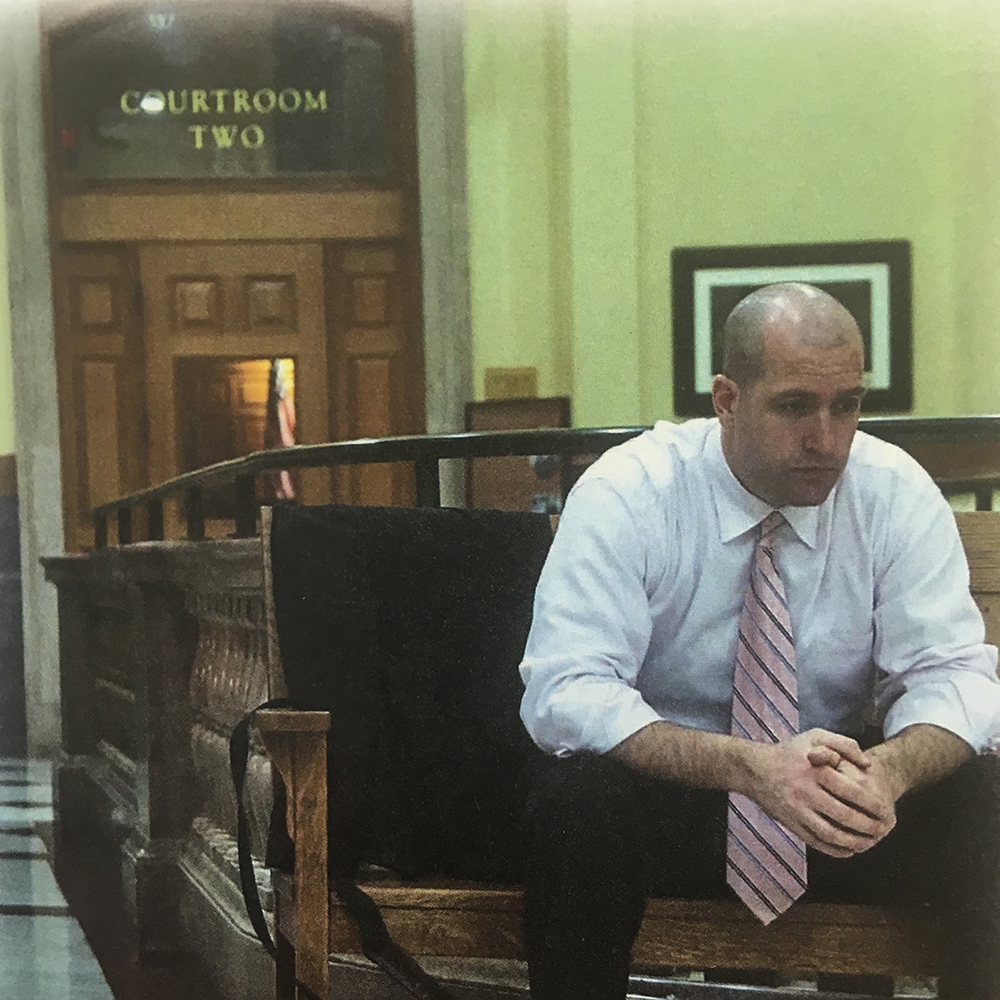If you are involved in a landlord/tenant dispute and you are either the landlord or you represent the landlord, it is often advisable to try and work out an agreement with a tenant rather than waiting for a trial and having the court decide the outcome.
One of the biggest mistakes landlords make is that they enter an agreement with the tenant, but it is not specifically an agreement for judgment and it is not filed with the Court. Unfortunately such an agreement would likely not be very enforceable.
When I represent a landlord and I am able to negotiate an agreement with a tenant, the following terms are almost always included:
1. Judgment for the Landlord for possession and damages immediately.
2. Execution to be stayed to the agreed upon move out date.
3. I make it specific that every term of the agreement is material and further that any one violation of a term on any one occasion shall be considered a breach of a material provision of this Agreement.
4. Tenant agrees to fully vacate by a certain date.
5. I define fully vacate as follows: removing all persons, personal items, furniture, non-fixtures, trash, debris, and items of any kind or whatever nature from the unit and leaving the unit in broom clean condition. Further, no personal items or trash or debris shall be left on the property or in any common area on the property. If Defendants/Tenants set out trash for city removal, the Defendant/Tenants will ensure it is an amount and type of trash the city will remove for normal trash pickup. Defendant/Tenant will be in breach of this provision if they leave items the city does not normally remove.
6. If the tenant vacates in accordance with these terms then the matter shall be dismissed.
7. In consideration of this, the tenant waives and releases any claim they may have. I also have them sign a separate release.
8. Depending on the specific negotiation the tenant may make payments until the move out date or payments may be waived.
9. If the tenant does not vacate or if the tenant violates any portion of the agreement then execution shall issue for possession and damages immediately upon receipt by the Clerk’s office of an affidavit by the landlord confirming that the tenants did not comply with the terms herein. This is important to word it like this so you don’t have file a formal motion.
10. Tenants waive their rights to appeal and waive the right to seek further stay of execution for possession.
11. If the tenant breaches any portion of the agreement then they shall be liable to the other party for all costs, legal fees and/or expenses incurred in enforcing the terms of this agreement. Such amount shall be added to the Judgment by Motion where appropriate.
12. All parties have fully read this Agreement for Judgment and fully understand their rights and obligations hereunder. All parties agree they have had the opportunity to consult legal counsel regarding this Agreement. All parties agree they are signing this Agreement by their own free will and accord without duress or undue influence.
13. No new tenancy will be created by the action of either party after this document is executed. A new tenancy shall only commence upon a written agreement signed by both parties outlining the same.
Every case is unique and no one agreement is good for every situation, but if you are a landlord you want to make sure you start with the above terms.
